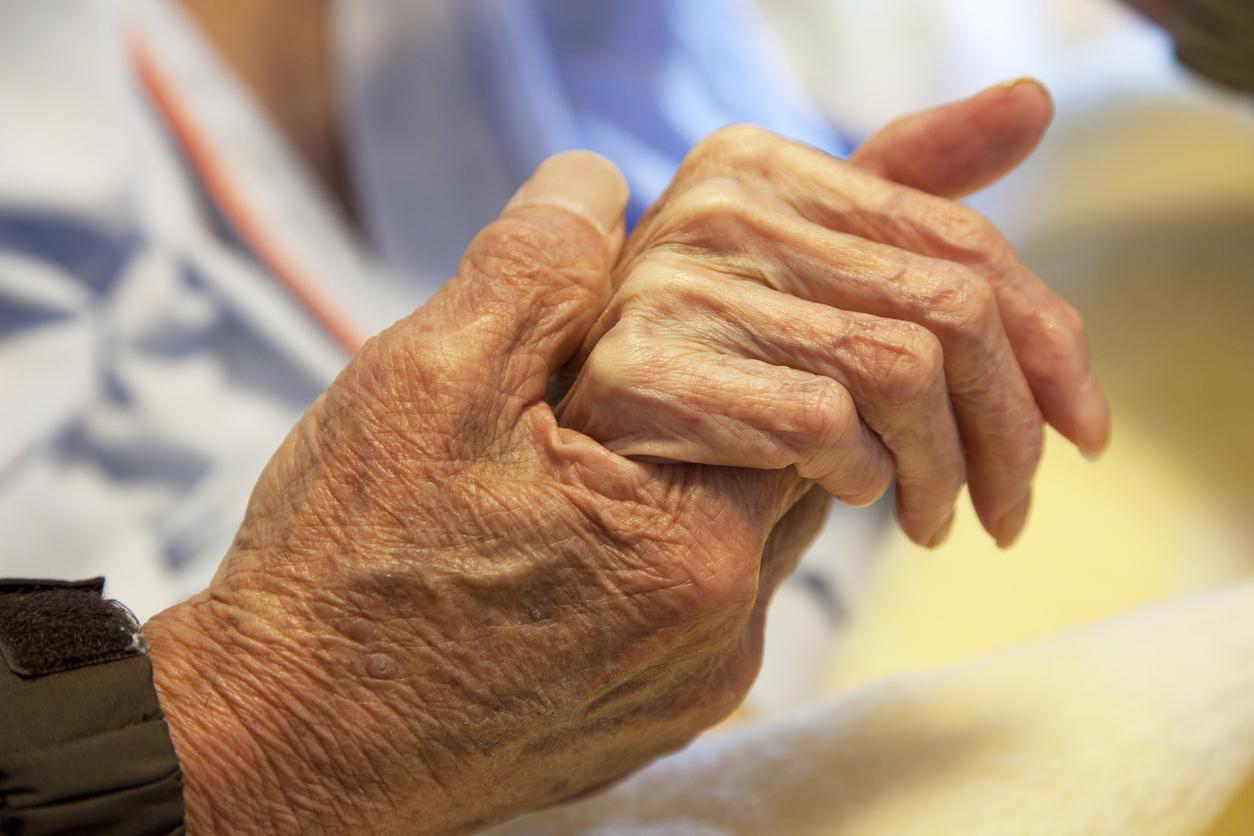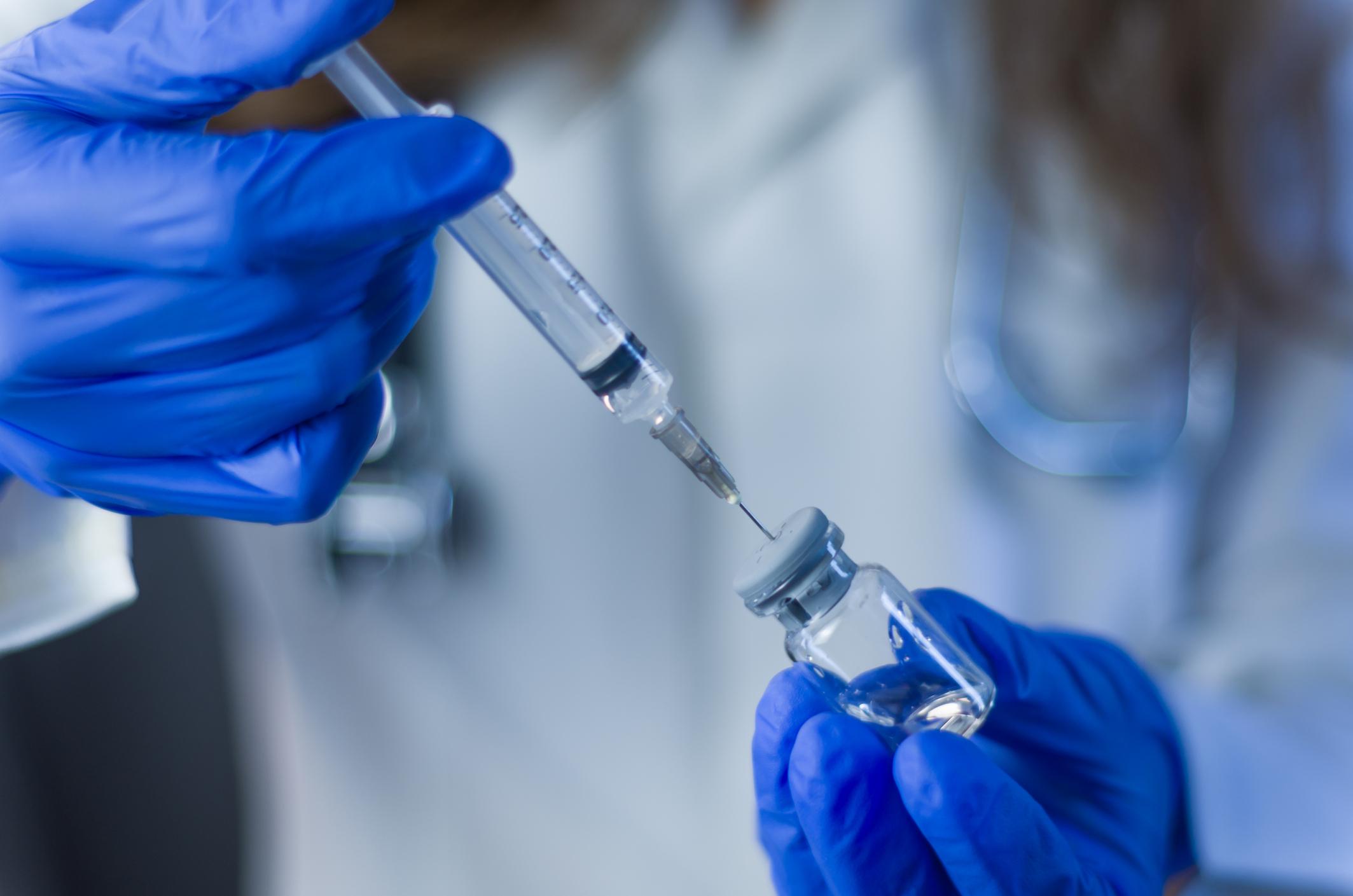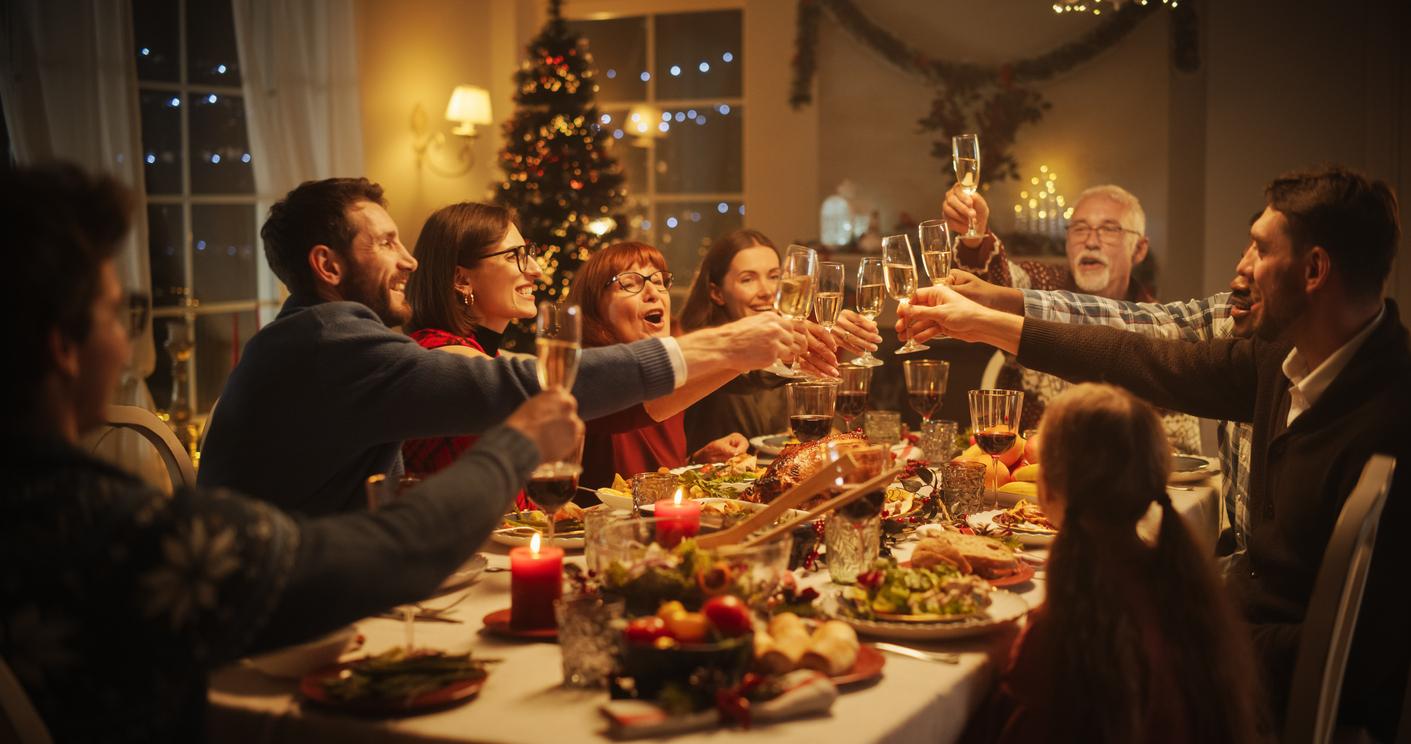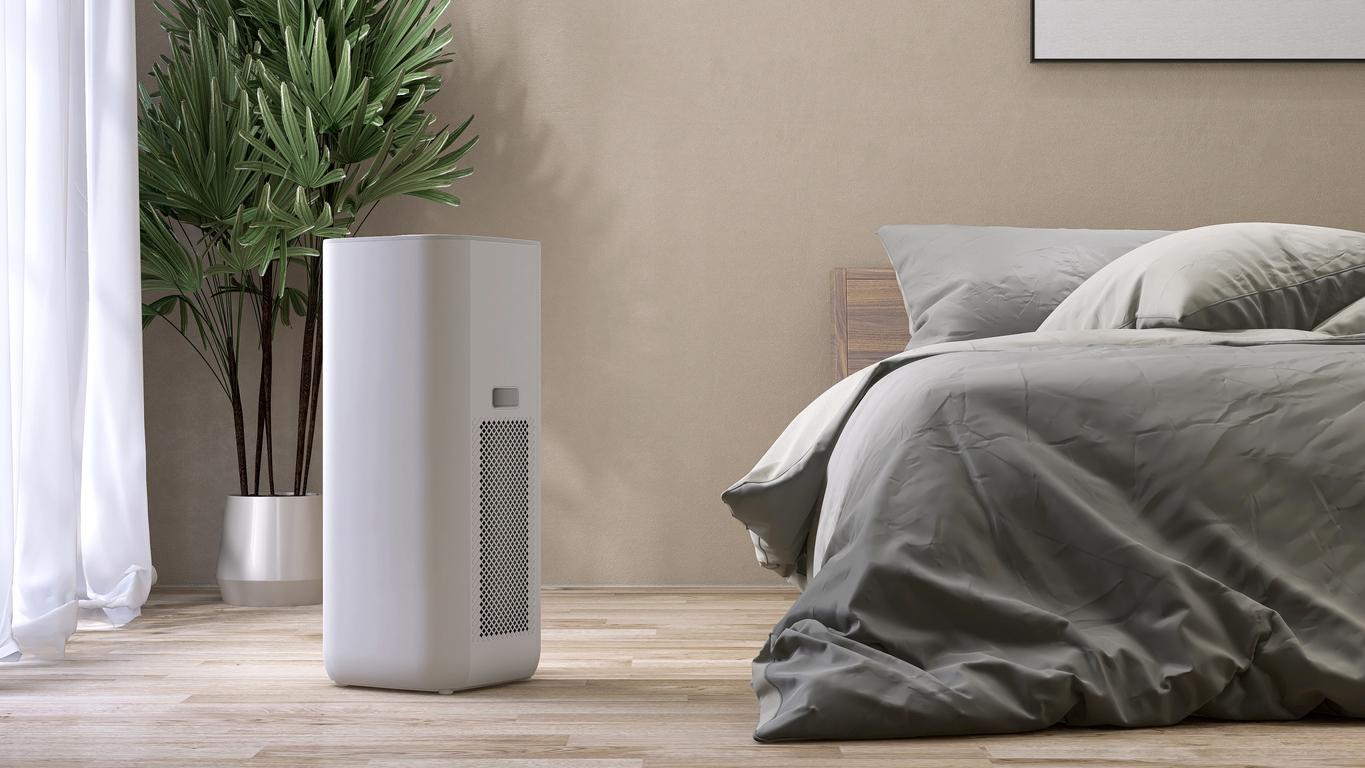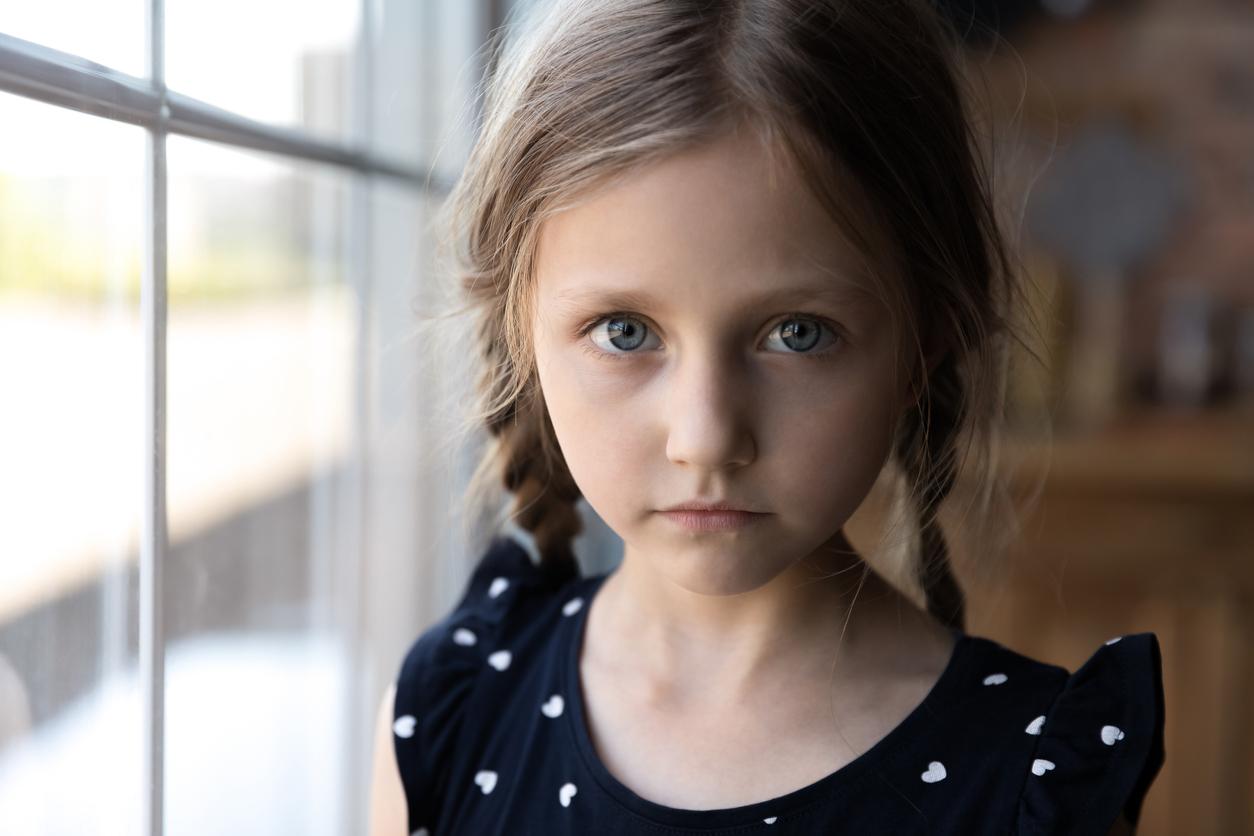Sophie is 31 years old, she is single, she lives and works in Paris. Despite the coronavirus epidemic, she continues to have a life outside her home. Recently, she received a phone call from social security informing her that she was a “contact case”. A few days later, her test revealed that she was positive. When she announced it to her relatives, the reactions were… very different from if she had had gastro! She experienced “covid shaming” or how to feel guilty for being sick.
“Since the beginning of the epidemic, I have not really been afraid of catching the coronavirus. I am young, in good health, and if the period is scary and sad, I do not really feel in danger personally. J I continued to live, continued to go to work, continued to see friends. Respecting barrier gestures in public places, of course. Two weeks ago, I went to the countryside for a weekend with several people, I learned a few days later that I was a “contact case”. My first reaction? Guilt : maybe I hadn’t been careful enough going to that lunch, having that drink, smoking a cigarette outside with a friend…
“You learn from it, I hope”
A few days earlier, I had my mother on the phone. We talked about this question that we all ask ourselves: can I continue to live despite the times? I told him that I was not going to lock myself at home until we found a vaccine, that I had to move on with my life. She agreed with me. But when I found out that I was in contact, when I was returning home to telecommute, I wrote to him.
His response was: “He may have to limit social interactions and be careful…” One more point for my guilt! Worse, when I told him, a few days later, that I was positive, I was entitled to: “Well there you go!” I didn’t get a call from her until the next day, to find out how I was doing. My grandmother had a similar reaction, in the guise of the joke: “Anyway, it was safe! you go to bars, restaurants, you go out”… The subtext did not require having done 5 years of psychology: “I hope this will serve as a lesson to you, my big”.
“Because of you, my plans are falling apart”
Then I started making a list of everyone I had seen that week. Before giving their contact to health insurance, I texted them. I felt like I was calling back my former sexual partners to tell them that I had a serious STD! Most of the reactions looked like this: “Damn it! what am I going to do?” People only see the first layer of the problem: their situation. It wasn’t until much later that I was asked how I felt with this virus.
The day after my weekend, I had a drink with a friend. When I learn that I am in contact, I warn her immediately, I knew that she had to go to her parents, who were old and fragile, the following weekend. She decides to go anyway. When I receive my positive results for Covid-19, I notify her immediately. She is on the train to her parents and decides to turn around. When she calls me, I am entitled to a whole series of complaints: her anxiety attack at the idea of having the virus, her depression at staying alone at home, the cost of her train ticket: 90 euros, paid for nothing! The sadness of her mother who had been waiting to see her daughter for a long time… Her sadness, to have had to give up this weekend whichwould have done so much good, when she’s bad right now“. I myself was alone at home, sick, discovering new symptoms every day. I was stunned that she complained about all this, and I couldn’t help but feel sorry for myself.
“Suddenly you become the virus”
We know that with this virus, we paralyze people. We are in a complicated, stressful context. People are dying of it, the cases are increasing, the general mood is sad with all the closures of establishments… And I, as a positive, condemn them to be stuck at home, to be tested, to be afraid . This wave of anguish, illness and contagion that the virus brings, suddenly, it becomes me. I am the virus! And for the first time in my life, I’m guilty of being sick. People tell me: “If you’re sick, it’s because you didn’t follow the rules!” And it’s very complicated, because regardless of the moral strength we have, at that moment, we feel guilty. In addition to being sick!
Read also:
- How to make a barrier gestures aperitif?
- According to WHO, these 10 countries account for 70% of all Covid-19 cases and deaths








